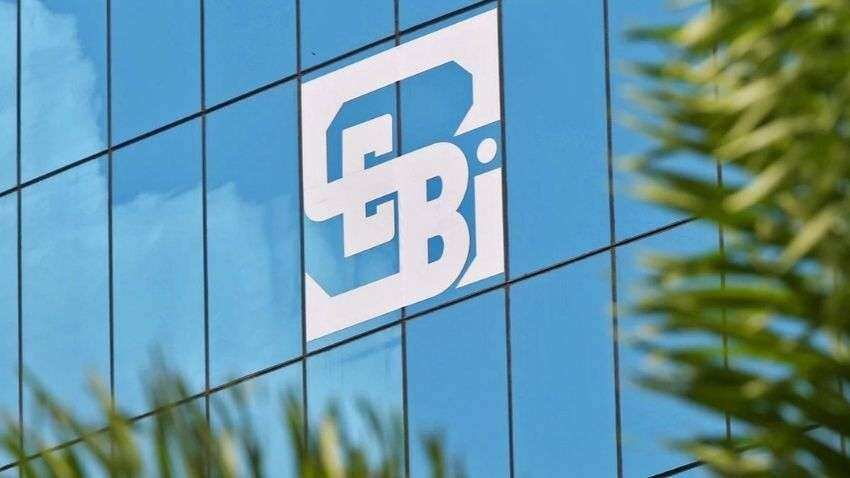The Securities and Exchange Board of India (SEBI) has significantly reduced the number of empanelled forensic auditors for listed companies, downsizing the list from 20 firms in 2022 to just 9 in 2025.
The regulator’s decision, according to people familiar with the development, is driven by a desire to create a “short and manageable” list populated by firms that have a consistent engagement history and proven performance track record over the past three years.
Surprisingly, this streamlining has seen the exit of industry stalwarts such as Ernst & Young, KPMG Assurance and Consulting Services, and Grant Thornton Bharat. Among the Big Four firms, only Deloitte Touche Tohmatsu India retains its spot on the new panel.
While SEBI has not released an official explanation, sources indicate that a firm’s past performance—particularly adherence to audit timelines and the quality of reports—played a pivotal role in the selection. The regulator also awarded extra points to firms that delivered on time, aligning with SEBI’s goal to enhance accountability and efficiency in financial investigations.
Stringent Selection Criteria: Quality, Not Size, Takes Precedence
According to the advertisement issued by SEBI in November 2024, the eligibility norms for inclusion were strict:
- A minimum of 10 years’ experience in forensic auditing,
- At least 10 partners/directors (with at least five actively engaged in forensic work),
- A history of completing 15 forensic audits in the past three years, including at least three commissioned by regulatory bodies, PSUs, or government agencies.
ALSO READ: Call for Cyber Experts: Join FCRF Academy as Trainers and Course Creators
The selection process is believed to have evaluated applicants not just on paper credentials, but also on their real-world delivery and regulatory familiarity. This appears to have worked in favor of smaller, more agile firms with proven regulatory partnerships and timely execution over sheer scale or brand.
“The pruning of the list is not just about compliance but also about capability and credibility. It could also be an indirect commentary on the recent shortcomings of some big names,” said a regulatory expert who declined to be named.
Credibility, Compensation, and Concerns
Despite the narrowed list, SEBI has maintained market-aligned compensation levels for assignments, ranging between Rs 10-30 lakh per audit depending on the size of the company and the audit’s time span.
While the fee structure isn’t considered extravagant, the prestige and credibility that come with being on SEBI’s panel are considered valuable by auditing firms.
“Being on SEBI’s panel adds significant credibility, especially when pitching for clients in the private sector,” said an auditing consultant. “But what’s equally significant is the message SEBI is sending—past performance matters more than pedigree.”
However, concerns have surfaced within the auditing community over what this exclusion means for major players. Some experts speculate that the absence of well-established firms like PwC India, EY, and KPMG may hint at missed deadlines, compliance lapses, or perceived conflicts of interest in past assignments.
FE was unable to independently verify whether these firms had even applied for inclusion in the latest panel, leaving open the possibility that some may have opted out voluntarily.
Implications and Industry Impact
The revised panel will remain valid for three years, and the implications for India’s forensic audit ecosystem could be far-reaching. With regulatory scrutiny of corporate governance and financial transparency on the rise, the smaller list suggests SEBI intends to work closely and more intensively with a trusted set of firms.


